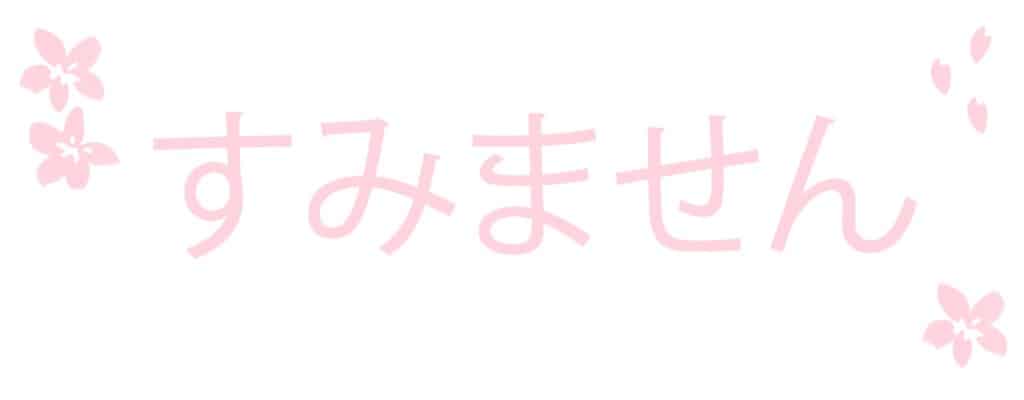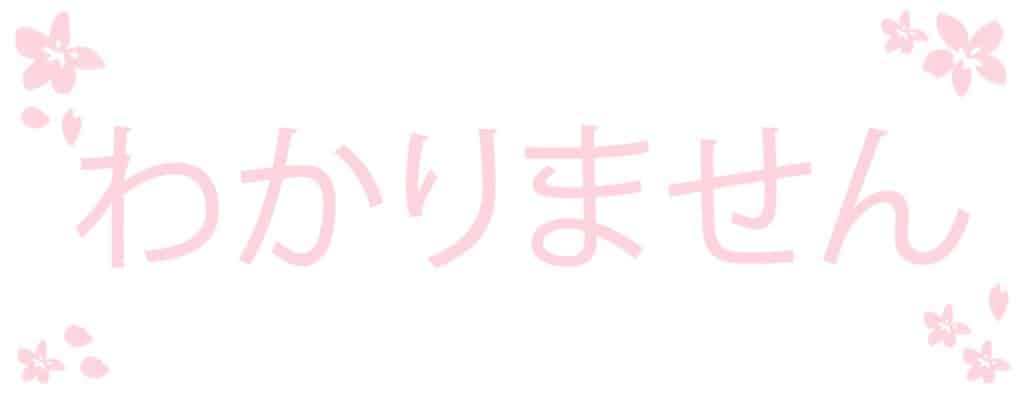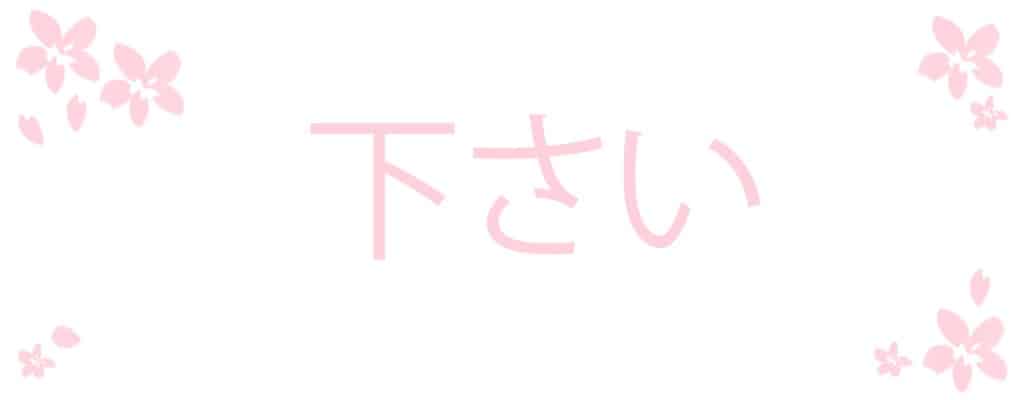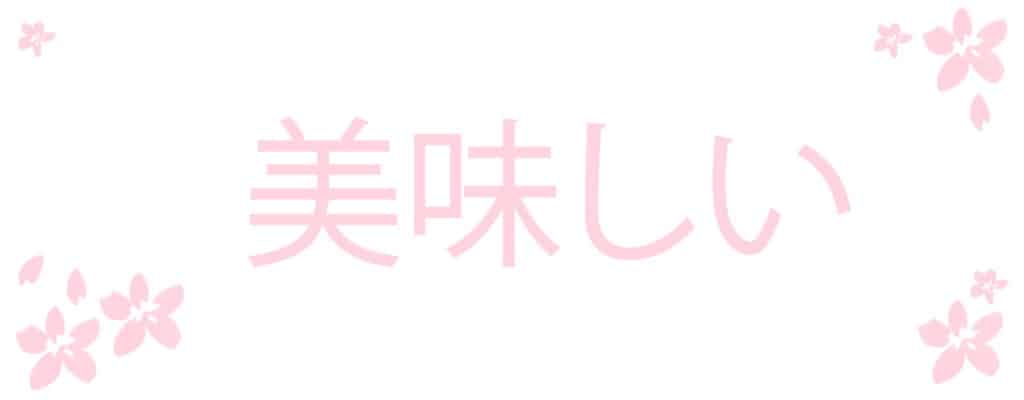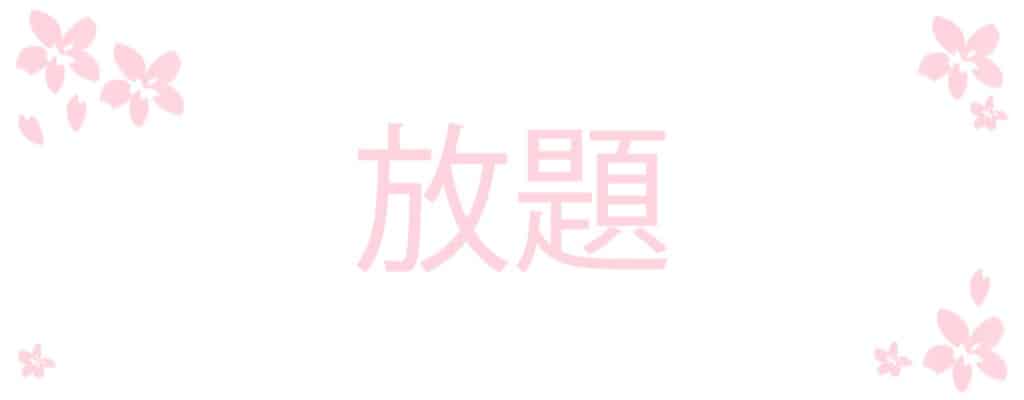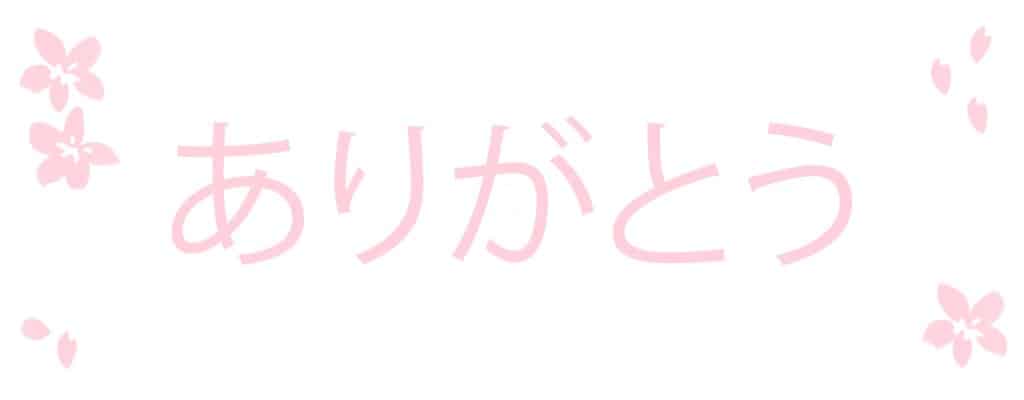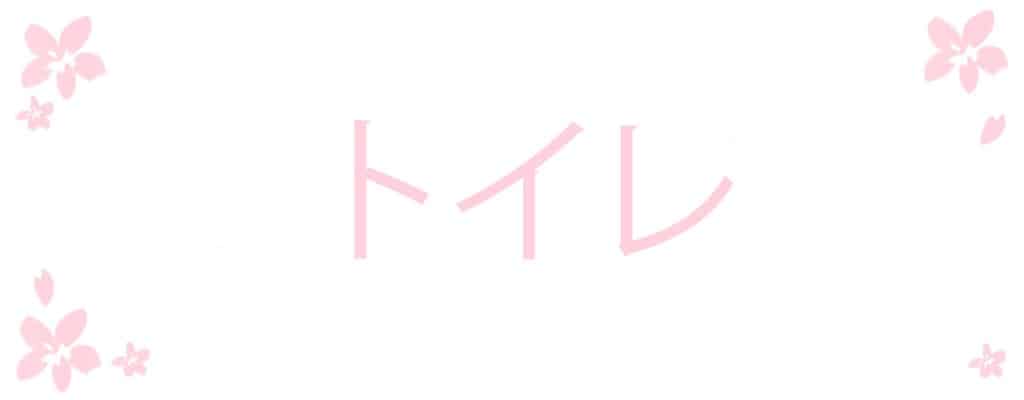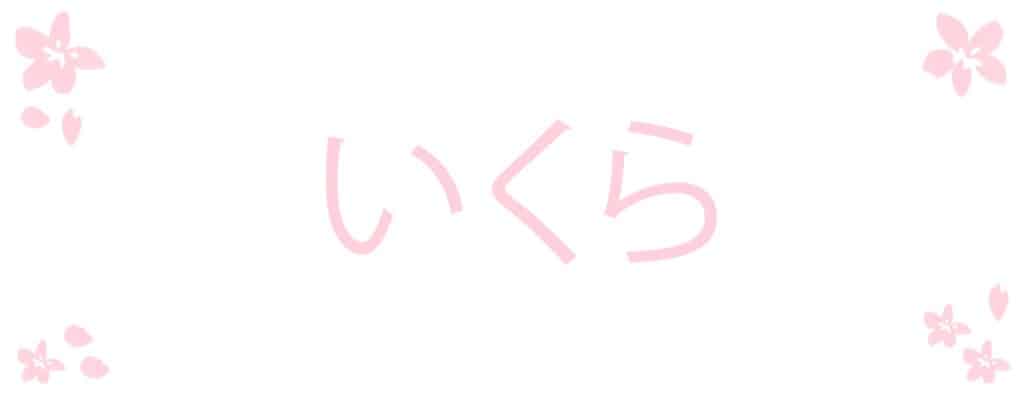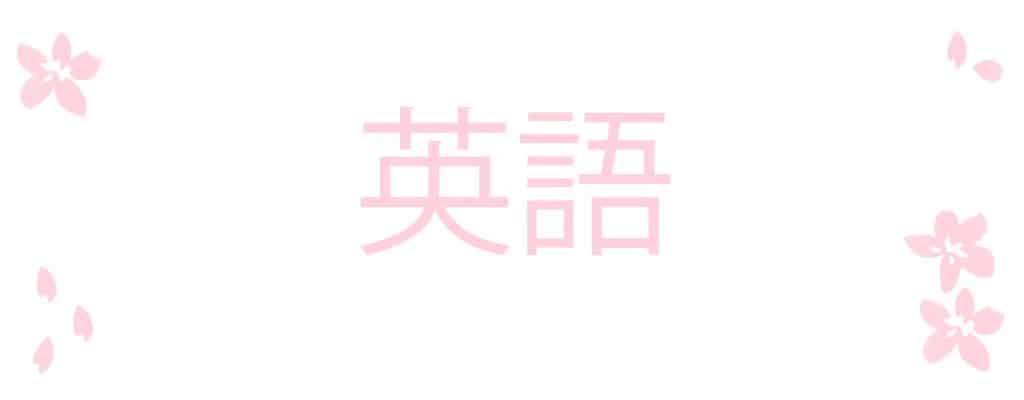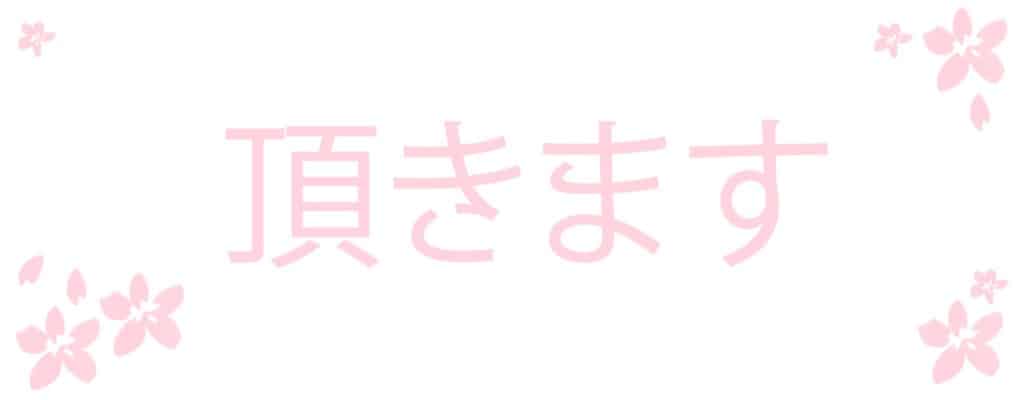Asia
10 WORDS YOU MUST KNOW WHEN TRAVELING TO JAPAN
Traveling to a country with different customs and where you don’t know the language can be tough–especially when most people there don’t speak English.
Japan is often thought of as a difficult country to travel in because almost no signs or maps are in English. And Japanese is quite the difficult language to learn (mainly because most Japanese words do not translate into English and are instead used situationally…but that’s another story) but there are a few Japanese words you can learn before you travel to help make communication and your vacation go a lot smoother.
If you would like to know more you may want to take online Japanese classes.
HERE ARE 10 JAPANESE WORDS YOU MUST KNOW BEFORE TRAVELING TO JAPAN
1. SUMIMASEN (PRONOUNCED: “SUE-ME-MAH-SEN”)
The closest English translation would be “excuse me”, but sumimasen is a phrase that can be used for many things including “sorry”, “thanks” and as an introduction before asking a question. If you bump into someone it’s polite to say a quick sumimasen, but it can also be used if you’re trying to get someone’s attention or before taking something you were offered.
2. WAKARIMASEN (PRONOUNCED: “WAH-KAH-REE-MAH-SEN”)
It’s important to indicate that you do not understand something. If someone starts talking to you in Japanese and you don’t understand, reply wakarimasen. After saying a polite wakarimasen, you can try slowly speaking English, and the speaker will be much more understanding of the language barrier and will hopefully try to help you or find you an English speaker.
3. KUDASAI (PRONOUNCED: “KOO-DAH-SIGH”)
A more casual word for “please”, you’ll use this word often when making requests, asking for favors and even for ordering food. See an item on a menu you’d like to have? Just point and say kore (ko-reh) kudasai (“this please”) or simply state the object in front– fanta kudasai! (“fanta please!”)
4. OISHII (PRONOUNCED: “OH-EE-SHE”)
The Japanese word for delicious. Being polite and giving compliments go a long way in Japan– so if you eat something you really like, be sure to say oishii after taking a bite! Especially if you’re a guest at someone’s home.
5. HOUDAI (PRONOUNCED: “HOE-DAI”)
Not a word you’ll often say, but it’s definitely a word to visually recognize. Houdai literally means “as much as you’d like”. Often you’ll see signs advertising tabehoudai (tabe meaning “to eat”– so you guessed it! All you can eat) or even the much-loved nomihoudai (nomi meaning “to drink”, so yes… you’re catching on fast– all you can drink ).
These places usually have a set time limit (anywhere from 1-5 hours) for a set price. The best I’ve been to was a 3 hour nomihoudai for 1050 yen (around $10 USD)
6. ARIGATOU (PRONOUNCED: “AH-REE-GAH-TOE”)
As mentioned earlier, politeness goes a long way in Japan. It’s important to be appreciative of others and to thank them when necessary. There are many ways to say “thank you” in Japanese, but the most basic way would be by simply saying arigatou. It’s not the most polite way to say “thank you”, but it will work for most day-to-day situations, especially as a foreigner.
7. TOIRE (PRONOUNCED: “TOY-REH”)
If there is any word you take away from this list (just kidding–sort of), let it be toire, or toliet. Often public toilets (or more specifically western-style toilets) can be hard to find in Japan. Knowing how to ask people where to find one can be crucial. Even if you don’t know the full phrase, toire wa doko desu ka? (essentially “toilet is where ?”), most people can figure out what you need by simple asking “toire?“.
8. IKURA (PRONOUNCED: “EE-KOO-RAH”)
A must-know for any shopper, or anyone buying anything really, ikura means “how much”. Hold up a bottle of water or a nice souvenir while asking ikura and the sales clerk will tell you a price. Don’t know Japanese numbers? No problem. Most price tags, signs and cash registers are all displayed using western numerals.
9. EIGO (PRONOUNCED: “EY-GO”– YES, LIKE THE WAFFLES)
The Japanese word for “English”. This word is extremely helpful if you are in need of assistance and can’t speak Japanese. Asking around saying eigo is your best bet of finding an English speaker who may be able to help you.
10. ITADAKIMASU (PRONOUNCED: “EE-TAH-DAH-KEY-MAS”)
This is a phrase that is more important for cultural reasons rather than for travel purposes, but it will surely impress and please the locals if you use it. Itadakimasu has no English equivalent, but it would roughly mean “I humbly receive”. This phrase is said before eating any meals in Japan and is similar to saying grace in western culture. Although there is no religious significance with this phrase, it is showing appreciation for being able to eat food.
There is also a phrase for once the meal is finished, gochisousamadesshita (go-chi-so-sah-ma-deh-shi-tah) “It was a feast”, which shows respect to the person who prepared the meal.

